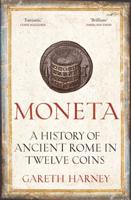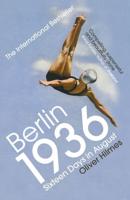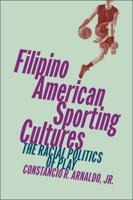Publisher's Synopsis
This book examines the history of a pioneering Thoroughbred horse breeding operation, the Irish National Stud. By incorporating and integrating a diverse array of primary sources from various repositories and supplementing them with contemporary and secondary materials, the main narrative reveals the intricate details of Ireland's complex relationship with Britain through sport and politics. The publication adopts a chronological, thematic approach, beginning at the turn of the nineteenth century and tracing the development of the Stud through the twentieth century and into the twenty-first century.
This book encompasses the political, cultural, and social dimensions of horse breeding/racing and the role of what would become the Irish National Stud. The first period of its history covers the establishment of Tully Stud in Kildare under Colonel William Hall-Walker in 1900. The second period, from 1916 to 1944, begins with Hall-Walker 'gifting' Tully Stud to the British government, which then rebranded it as the 'National Stud'. This coincided with the Irish independence struggle and the formation of the new Irish Free State, leading to over two decades of deadlock over which government-Irish or British-legally owned the Stud. The third period saw the progression of the new Irish National Stud, from its creation in 1944 to the present day, offering a comparison with the British National Stud and providing a thorough analysis of the influence of elite Thoroughbred breeders on the Irish National Stud and the broader industry in both Ireland and Great Britain.









